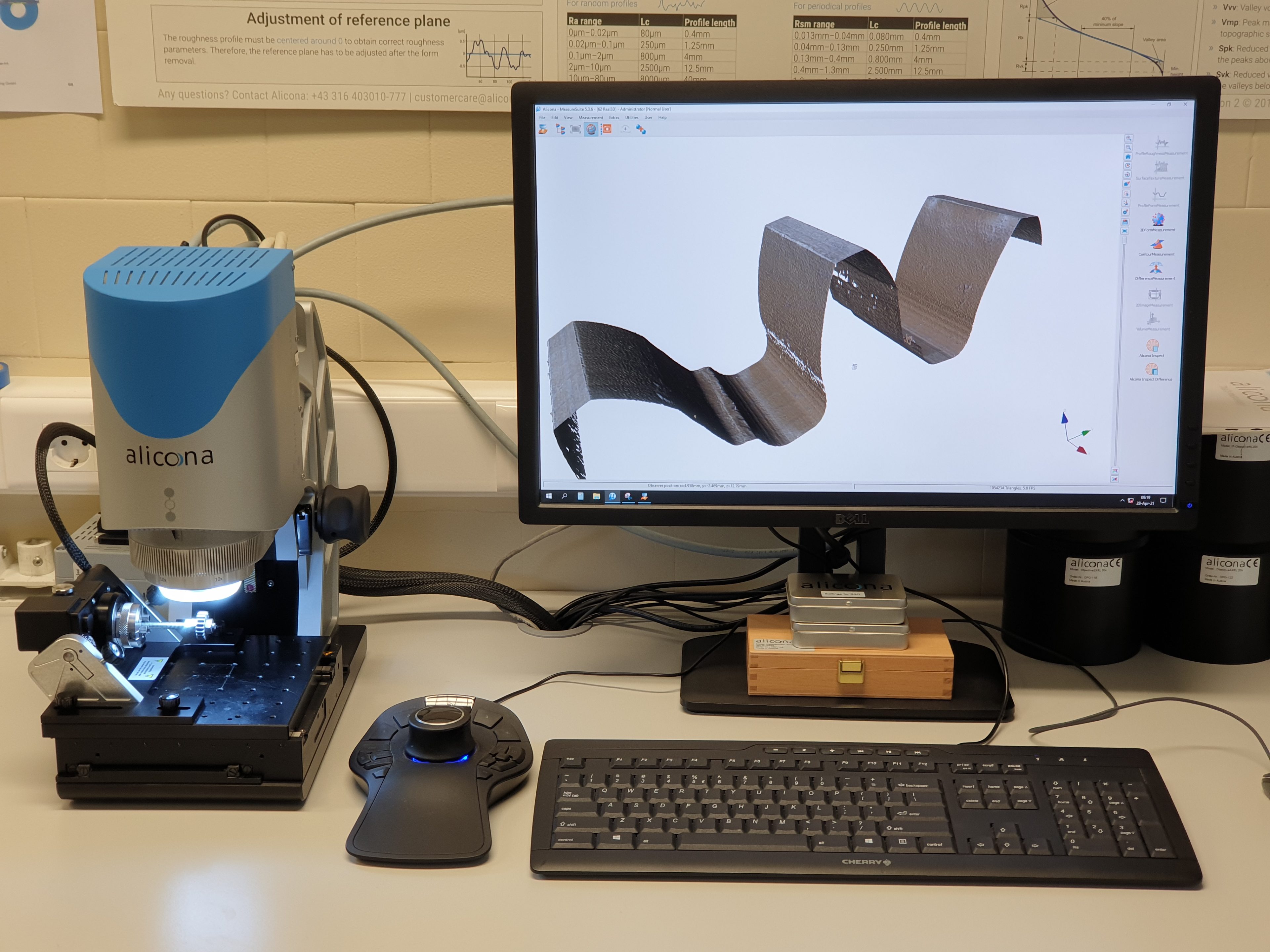If an Erasmus+ student at the Faculty of Mechanical Engineering at the University of Ljubljana wishes to write his/her master thesis as part of the exchange, he/she must also take and complete the courses Project practicum – MAG and Research in mechanical engineering.
All three obligations are fulfilled by the student in accordance with an individual agreement with a mentor (and co-mentor) whom the student chooses by himself/herself at the Faculty of Mechanical Engineering at the University of Ljubljana.
Course syllabus and the number of credit points of each obligation:
- Master thesis – 10 ECTS
- Project practicum – MAG – 5 ECTS
- Research in mechanical engineering – 15 ECTS
Instructions and guidelines:
Appendices to the instructions and guidelines:
- Erasmus+ timeline for submission and defence of the thesis,
- Thesis topic application form,
- Thesis template,
- Spine of the thesis.
Template for Master’s thesis defense
Instructions for completing the Project practicum – MAG
- The topic area of the Project practicum – MAG, the mentor and the laboratory are chosen by the student on the basis of his/her expressed interest in research, but before that the student may consult with the higher education teachers of the 2nd cycle Master’s study programme Mechanical Engineering – Research and development Programme.
- Before the start of the placement, the student must completely fill in the Mentor’s consent form and draw up a Programme of work of the Project practicum – MAG with the mentor at the laboratory. Both documents should be sent by e-mail to praksa@fs.uni-lj.si. For mentors at the Faculty of Mechanical Engineering, University of Ljubljana, students choose from among higher education teachers of the 2nd cycle Master’s study programme Mechanical Engineering – Research and development Programme.
- During the Project practicum – MAG, the student keeps a Daily attendance timeline with a record of the work performed. The timeline must be attached to the final report of the Project practicum – MAG.
- The report must be at least 10 pages long, this does not include all necessary attachments.
- Student must use a Report template for report writing. Mandatory attachments to the report are: Daily attendance timeline on the last page of the report and the Final report, which forms an integral part of the overall report. The student must submit the Report with all attachments electronically in PDF file to the mentor’s email and includes the Project practicum – MAG Coordinator at the Faculty of Mechanical Engineering, University of Ljubljana as the CC in the email (praksa@fs.uni-lj.si).
- After the mentor at the Faculty of Mechanical Engineering has entered the grade on the Final report form, he/she sends it to the Practical training Coordinator (praksa@fs.uni-lj.si). The coordinator reviews, signs the report, and submits it to the International Students Office for entry of the final grade in the electronic index.
For details please read Detailed description of Project practicum – MAG.
